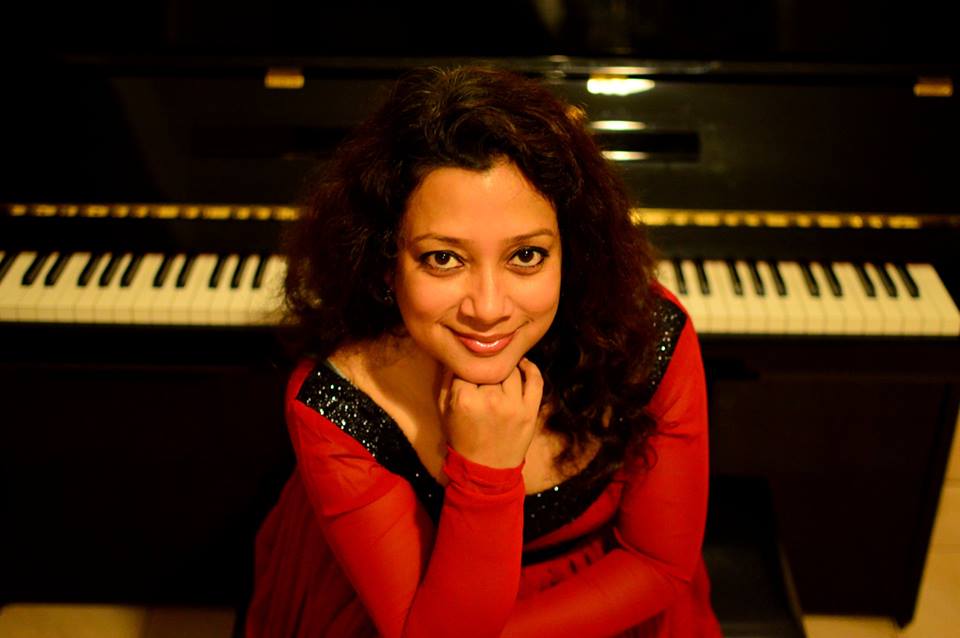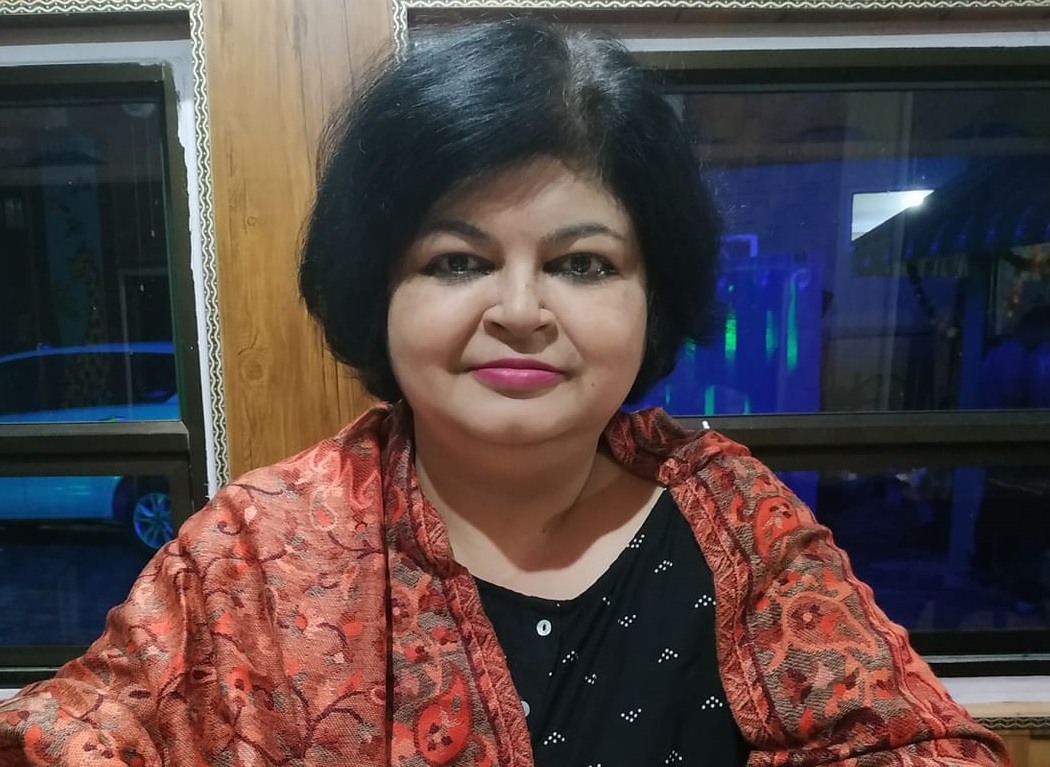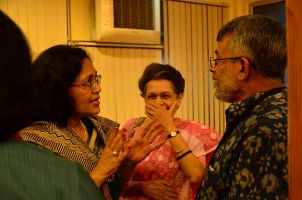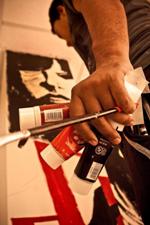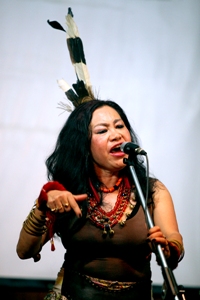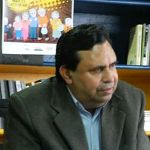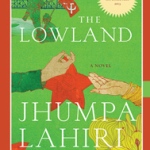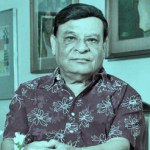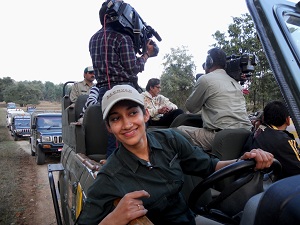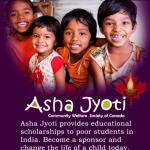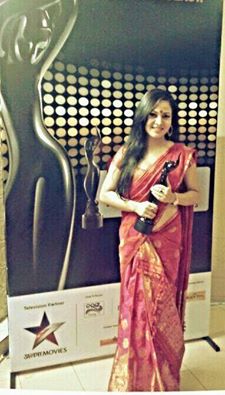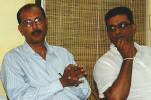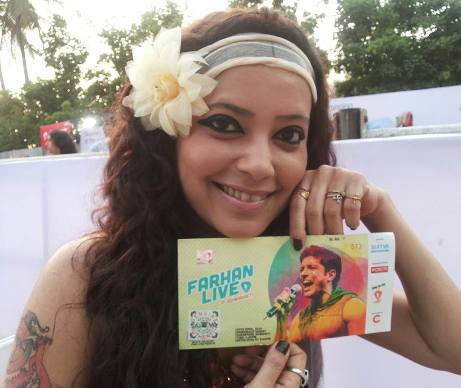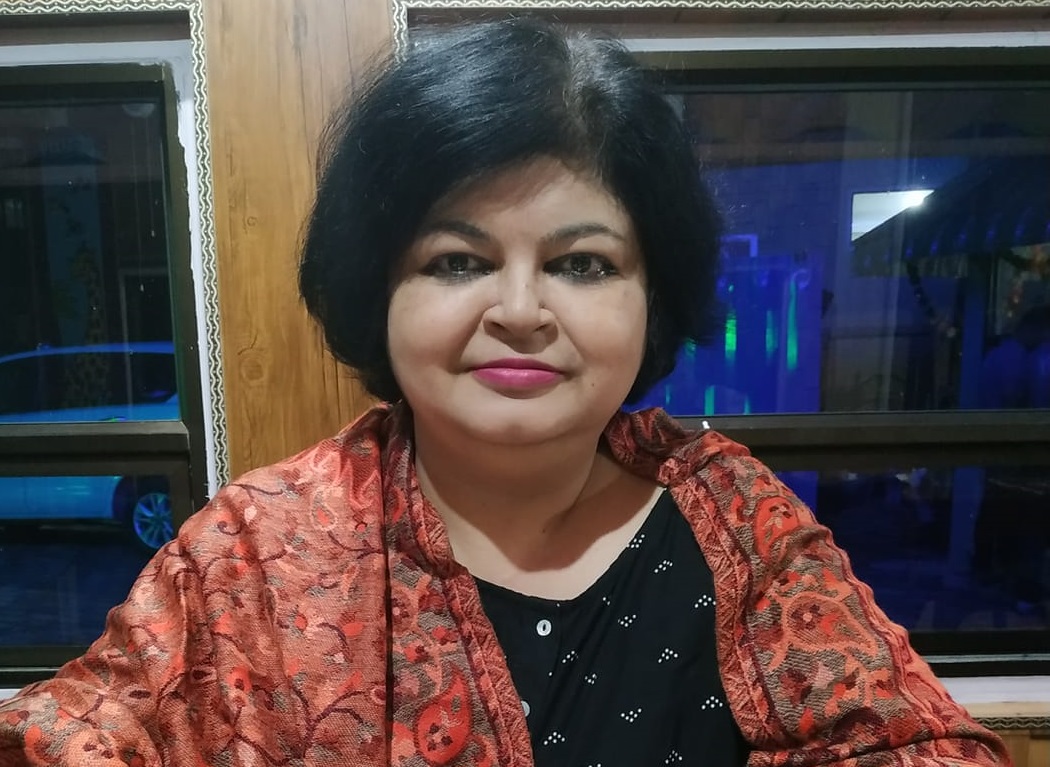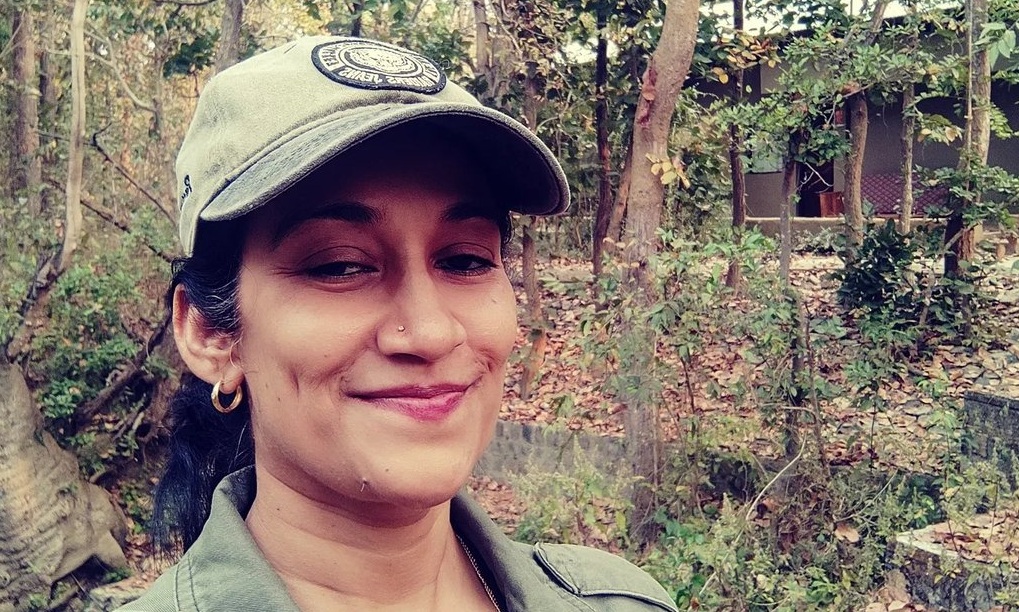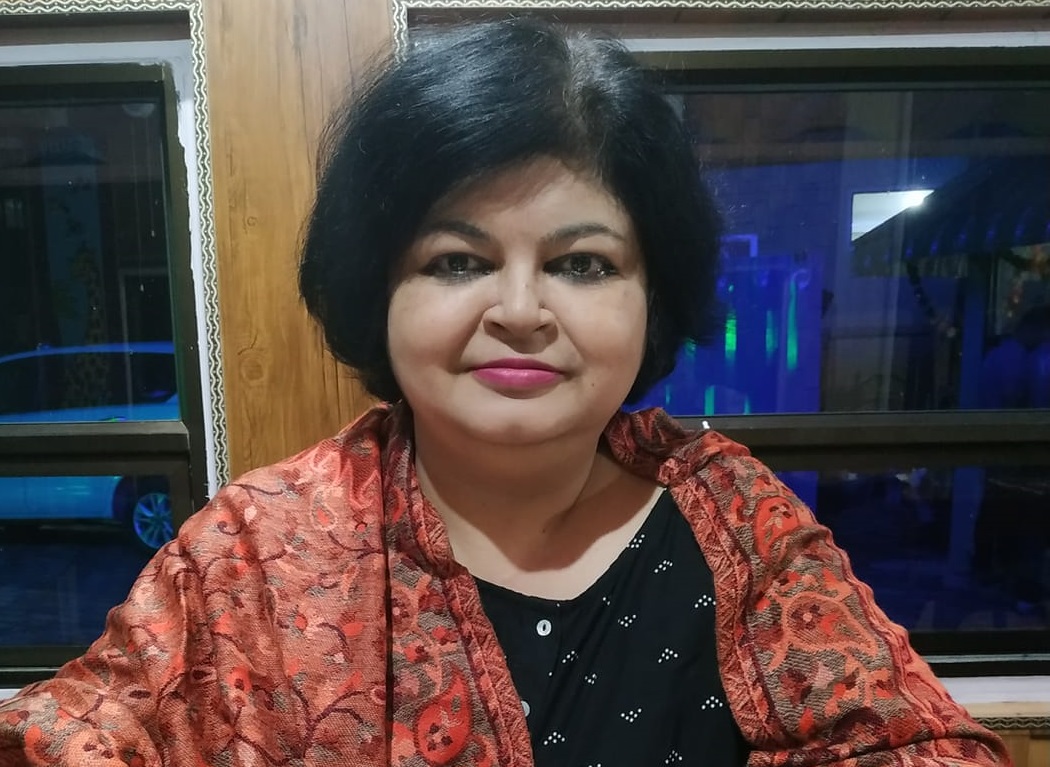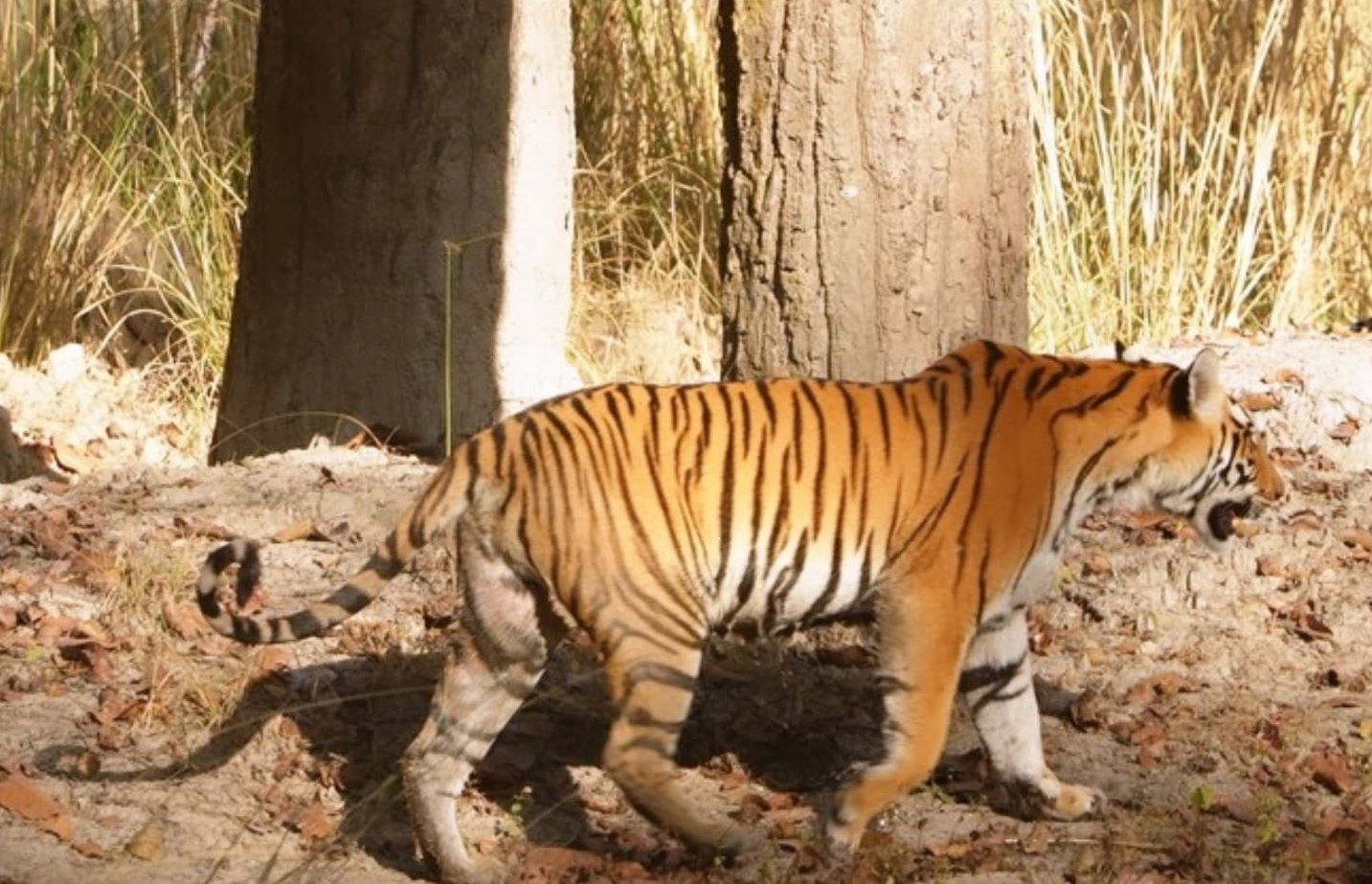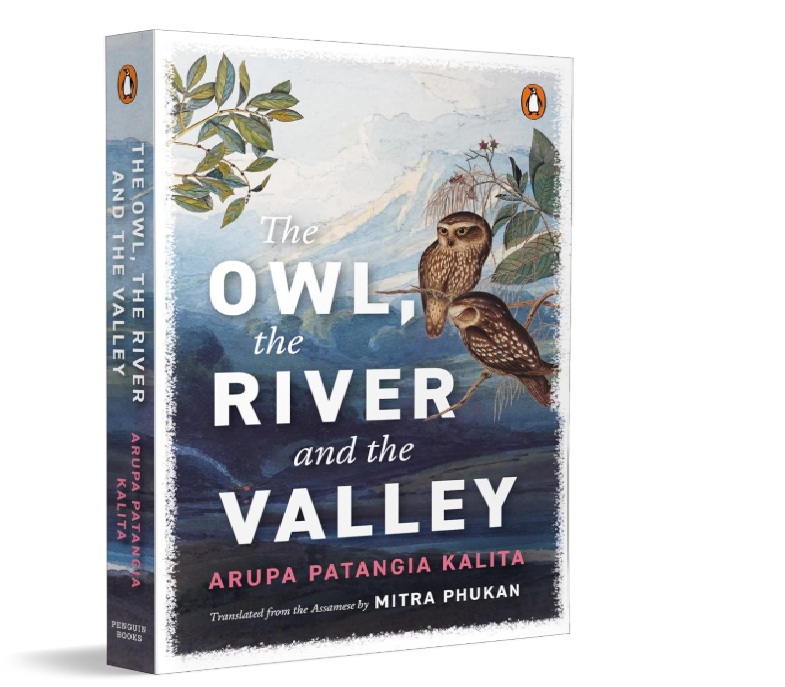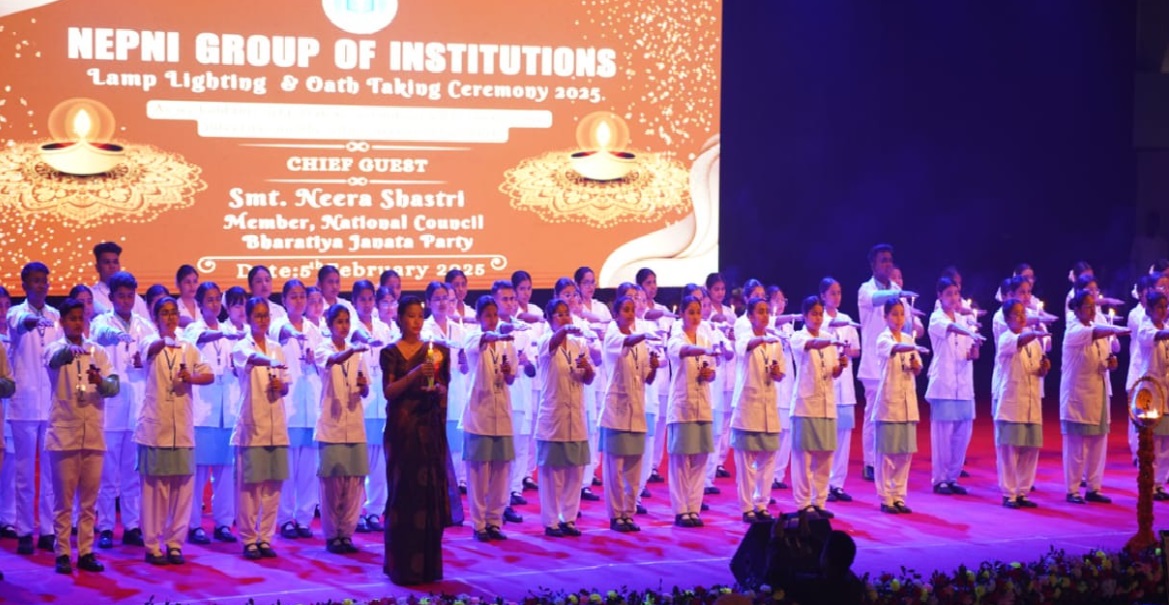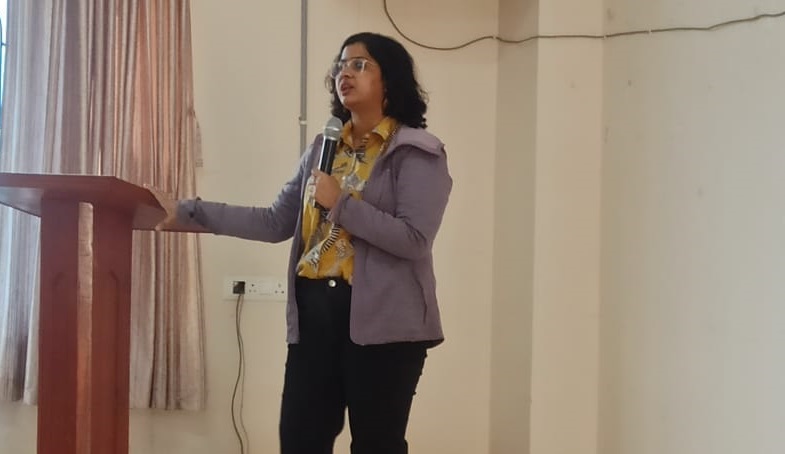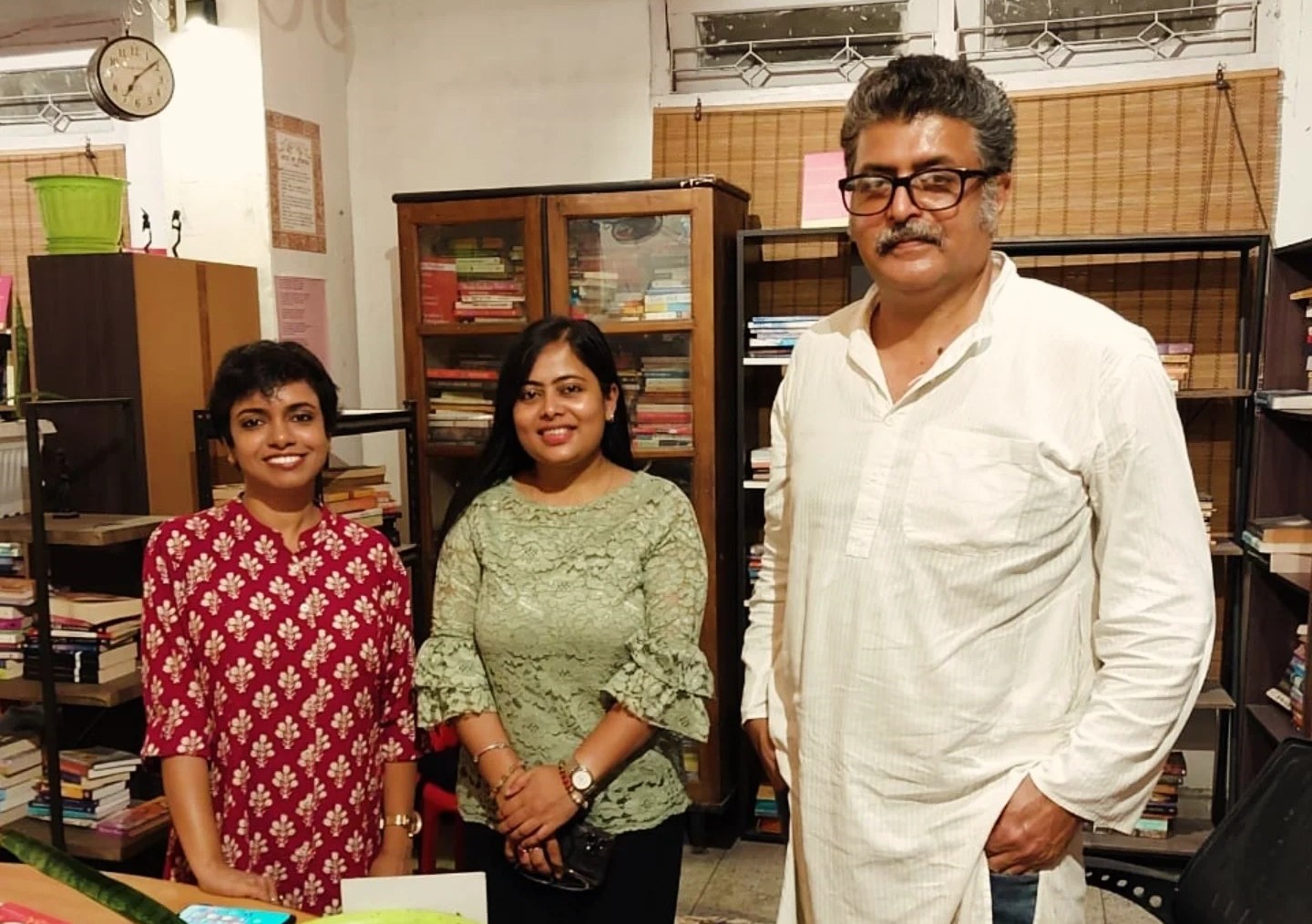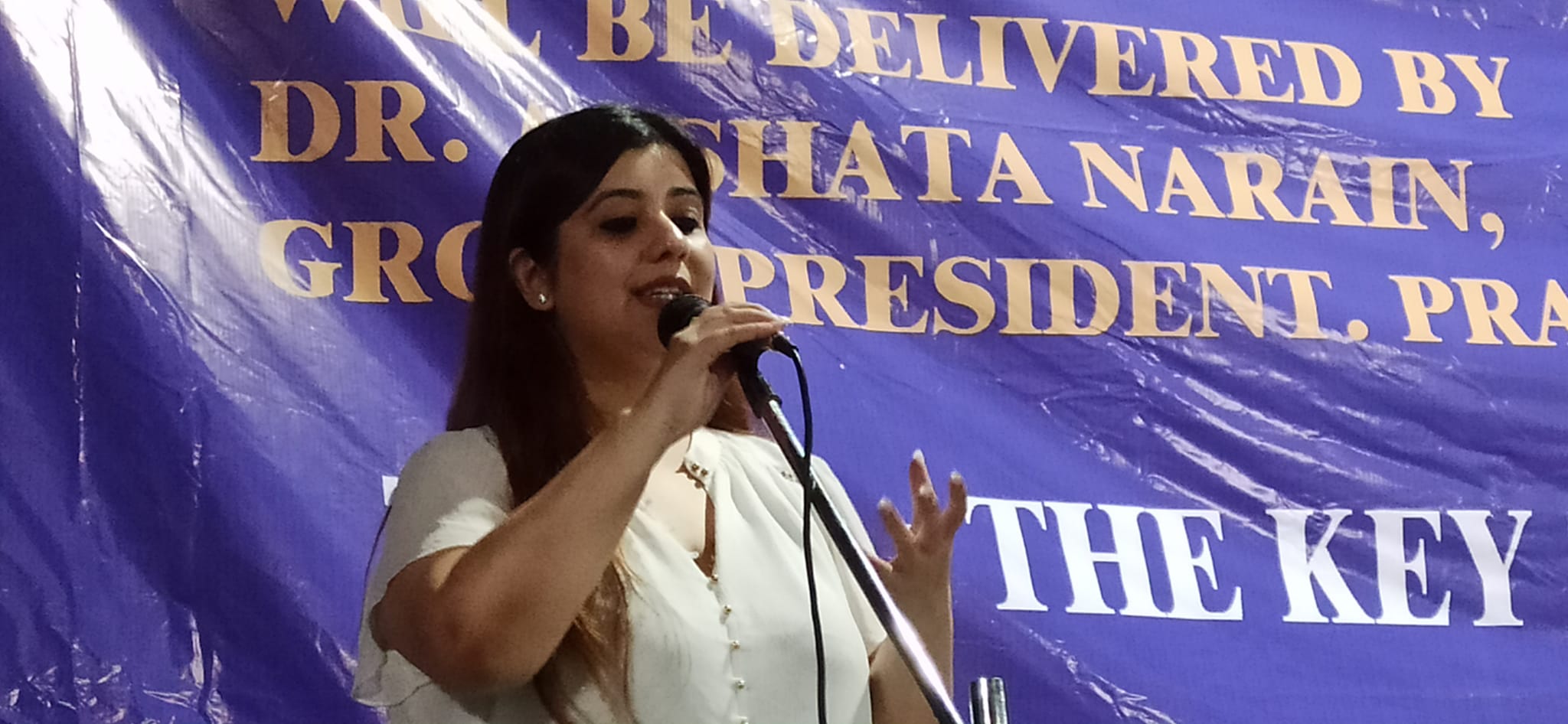Promiti Phukan is a gifted pianist who performs complex repertoire with aplomb, poise and flair. She has dedicated her life to music and music education. Her music school, Cadenza Music Academy in Guwahati has been honing the skills of talented young pianists for many years now. She speaks about her career as a pianist and music education to Thumbprint NE
How easy or difficult is it to pursue music as a career in India?
Pursuing music as a full-time career in India is far from easy. In my experience spanning over three decades, I’ve consistently observed that academics are given greater importance, often taking precedence over the arts. There’s a deep-rooted societal emphasis on conventional education and career paths, which often pushes music into the realm of a hobby rather than a viable profession. I have seen many people nurture a love for music, but only a few consider it a full-time pursuit. It’s far more common to see music being treated as an occasional gig or a weekend passion project. I can speak from personal experience here—I spent a significant part of my career in the corporate world, but even then, I continued teaching music on weekends. It was my way of staying connected to what I truly loved.
Eventually, I made the decision to transition fully into music, and today it’s my full-time profession. Looking back, I wouldn’t have it any other way. While the path has been unconventional and challenging, it has also been deeply fulfilling. And I believe that with changing mindsets and growing appreciation for the arts, more people might find the courage to follow a similar journey.
Please tell us about your association with the piano -- how it started and how has been the journey?
My journey with the piano began with my father's vision and deep love for music. He often shared stories from his youth—how he would quietly sneak into the neighborhood church just to play the piano. Despite growing up in a culturally rich environment, surrounded by music enthusiasts and visitors like Shri Jyoti Prasad Agarwala, his brother Shri Hridoy Agarwala, Dr. Bhupen Hazarika and other prominent figures in the arts, he was never able to pursue formal music training himself. My grandfather believed that focusing on music might interfere with academics and future career prospects. So, my father made a promise to himself: if he ever had a child, they would have the opportunity he never did—to learn the piano.
I was around four and a half when my father’s close friend, Rajeshwar Bardoloi, began giving me lessons on his mini synthesizer. A few months later, I still remember waking up from an afternoon nap to the sound of a real acoustic piano echoing through our home. I was just five, but the moment I laid eyes—and ears—on that instrument, I was completely mesmerized. That day marked the beginning of what has become a lifelong bond with the piano.
More than four decades have passed since then, and this journey has been nothing short of incredible. I remain deeply grateful to my family and the Almighty for nurturing and sustaining this beautiful connection.
What do you think has been the role of technology in music in the contemporary world?
Technology has had a transformative impact on music in the contemporary world. From how music is created to how it's taught, shared, and consumed—technology has revolutionized every aspect of the art form.
On the creative side, digital audio workstations, virtual instruments, and music production software have opened up endless possibilities for composers, producers, and performers. You no longer need access to a high-end studio to record or produce music; a laptop and the right software can bring your ideas to life. This has democratized music-making, giving countless independent artists a platform to express themselves.
Technology has also changed how we learn music. Online tutorials, virtual lessons, and apps have made music education more accessible than ever before. For instance, during the pandemic, many of us relied on video conferencing tools to continue teaching and learning remotely—something that wouldn't have been possible a couple of decades ago.
And of course, the way we distribute and experience music has evolved dramatically. Streaming platforms, social media, and digital marketing have allowed musicians to reach global audiences instantly. Listeners, in turn, have access to a vast and diverse library of music at their fingertips.
That said, while technology is a powerful enabler, I believe it should complement—not replace—the soul and discipline that traditional music education and practice bring. Striking that balance is key to making the most of what technology offers without losing the essence of the art.
How is the music education/research scene in India and Northeast India? What kind of a curriculum do you follow? How do you think music education in schools can help a child?
Music education and research in India, particularly in Northeast India, are evolving, but there’s still a significant gap in mainstream inclusion within the academic curriculum. While music is often seen as an extracurricular activity, the Northeast's rich cultural heritage holds immense potential for talent development.
In my teaching practice, I use a curriculum aligned with internationally recognized boards like Trinity College of Music, London, but I also emphasize exposure to various genres beyond Western classical. This approach encourages a broader musical understanding. Additionally, I produce cover videos with my students, fostering creativity and collaboration.
Meaningful music education can profoundly impact a child’s development by enhancing cognitive skills, emotional intelligence, and discipline. It provides a vital creative outlet in today’s high-pressure academic environment and builds confidence through performance and collaboration.
By integrating music into a school curriculum, we not only cultivate future musicians but also nurture well-rounded individuals. I believe that with greater emphasis on music education, we can develop more emotionally intelligent and creative citizens.
How would you describe the piano? Do enough people in northeast India play the piano? Is it still an exotic instrument?
The piano is often referred to as the "King of Instruments," and I believe this title is well-deserved. Its majestic presence and the beautiful, soothing sound it produce are truly unmatched. However, one of the challenges with the piano is its logistical feasibility for performances. Transporting it requires significant manpower and professional tuning, even with the slightest movement. While alternatives like portable keyboards and digital pianos exist, I feel they don’t quite capture the authentic sound, touch, and feel of a quality acoustic piano. I am incredibly grateful to my father for introducing me to this magnificent instrument.
In recent years, the piano has certainly gained popularity as a choice of instrument. While it is more widely embraced in other parts of India, I’ve noticed that in Assam, it is becoming increasingly popular as well.
What kind of challenges do you face while organising Cadenza, your concert of Western classical music? Do you think Guwahati is ready for more such concerts?
Organizing a concert like Cadenza involves several challenges:
Venue Logistics: Finding a suitable venue that accommodates the audience and offers the necessary acoustics is essential. Unfortunately, no auditorium in Guwahati has a piano available, which means I have to transport my personal piano for each Cadenza.
Funding and Sponsorship: Securing financial support can be challenging, particularly for niche genres like Western music.
Audience Engagement: Attracting an audience that appreciates western music can be difficult, especially in areas where this genre is less popular.
Marketing and Promotion: Effectively promoting the concert to reach the right audience requires a strategic approach.
Talent Coordination: In addition to my students, I invite a few guest performers for each edition. Coordinating with them—scheduling rehearsals and managing technical requirements—can be quite complex.
As for Guwahati, there is a wealth of talent across various art forms in Assam and the Northeast. While the appreciation for Western classical music tends to be limited to a specific audience, I believe there is significant potential for growth. Cadenza has always been well-received, and attendees have appreciated the efforts that go into organizing the concerts. However, I wish it could reach a larger audience to raise awareness of the many talented budding musicians who deserve to be seen and heard beyond their music classrooms. In fact, that was the primary reason I had conceptualized Cadenza in 2013. With increasing cultural exposure and initiatives to engage local communities, we can foster a broader appreciation for classical music, enriching the region's vibrant arts scene.
What does music mean to you?
Music means a lot to me; it is everything to me! Music is a powerful form of expression and connection. It has the ability to evoke emotions, tell stories, and bring people together. For me, music is not just an art form but also a source of inspiration and healing. It reflects the diversity of human experience and allows individuals to communicate feelings that might be difficult to express in words. Ultimately, music enriches our lives and creates a sense of community among those who share a passion for it.
What are your future plans with the piano?
My future plans with the piano include expanding my repertoire by exploring new genres and composers to keep my performances fresh and engaging. I aim to organize may more editions of Cadenza, providing a platform for budding musicians to showcase their talent. Additionally, I want to incorporate educational workshops and masterclasses to inspire and mentor young pianists in the region. I also want to make music learning fun and innovative, encouraging each child to learn a musical art form because it offers numerous benefits. Collaborating with other musicians to create interdisciplinary performances is another goal. Ultimately, I hope to foster a greater appreciation for music in the community and encourage more people to experience the joy of playing the piano. I hope to fulfil all that I have imagined doing, especially as kids today are so busy with academics and may need encouragement to explore their musical passions. I sincerely hope I am able to reach out to more and more people to spread the joy of music!
